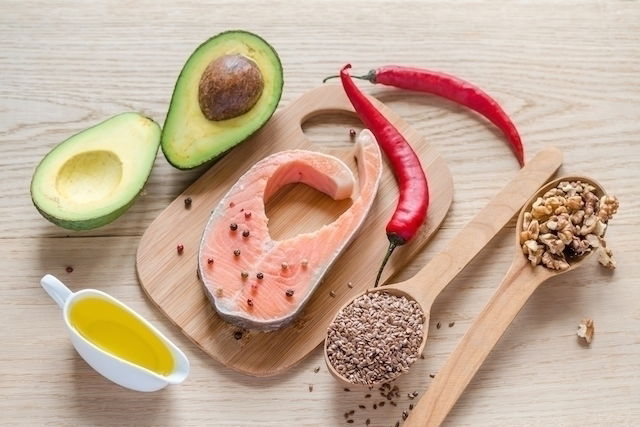Vitamin E foods include nuts and vegetable oils, like olive oil and sunflower oil.
Vitamin E is important for strengthening the immune system, particularly in adults. It has powerful antioxidant action the prevents cellular damage caused by free radicals. This vitamin is essential for boosting immunity and preventing infections, like the flu.
There are some studies that suggest that optimal vitamin E levels in the blood are related to a reduced risk of chronic diseases, like diabetes, cardiovascular disease and even cancer.

Food list
The following table outlines the amount of vitamin E present in 100 g of different foods:
There are many other foods that contain vitamin E in smaller amounts, like broccoli, spinach, pear, salmon, pumpkin seeds, cabbage, blackberries, eggs, apples, chocolate, carrots, bananas, lettuce and brown rice.
Also recommended: Vitamin D Foods: Food List, Dose & Supplements tuasaude.com/en/foods-high-in-vitamin-dRecommended daily amount
The recommended daily amount of vitamin E varies depending on age and life phase
- 0 to 6 months: 4 mg/day
- 7 to 12 months: 5 mg/day
- Children between 1 and 3 years old: 6 mg/day
- Children between 4 and 8 years old: 7 mg/day
- Children between 9 and 13 years old: 11 mg/day
- Adolescents between 14 and 18 years old: 15 mg/day
- Adults over 19 years of age: 15 mg/day
- Pregnant women: 15 mg/day
- Breastfeeding women: 19 mg/day
Vitamin E can also be obtained through nutritional supplements, which should be taken as prescribed by a doctor or nutritionist, depending on each person's needs.






























